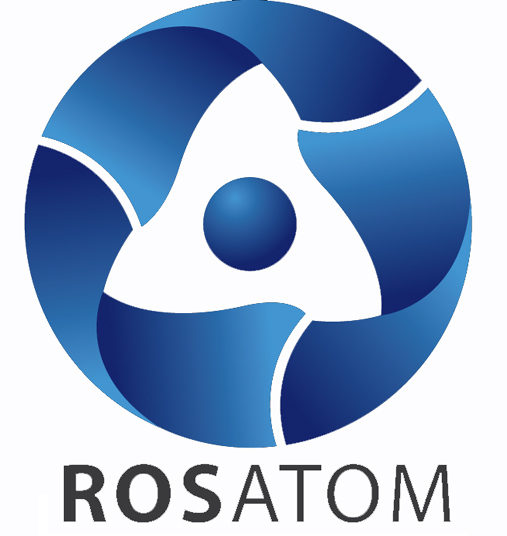Part 2 of 2 Parts
Russia is a major player in the global nuclear industry marketplace. It is responsible for about eight percent of the uranium production worldwide. It carries out twenty percent of the world’s uranium conversion and forty three percent of the uranium enrichment.
Rwanda’s proposed research reactor will be utilized to produce radioisotopes according to Rosatom. Radioisotopes have many useful applications from irradiating food for preservation to helping diagnose cancers or heart disease. Such research reactors have “definite advantages” in fields such as nuclear medicine.
Half of the inhabitants of the African continent lack access to electricity. There is immense potential for nuclear power to provide a clear source of energy to satisfy Africa’s shortfall in energy generation. Michael Gatari is a nuclear scientist and professor at the University of Nairobi. He said, “In the long term, a nuclear reactor generates electricity cheaper than we are paying now. It is also stable and produces no carbon emissions.”
However, many experts including Gatari do not believe that the adoption of nuclear currently make sense for African countries. These nations do not have the highly skilled local workforce that is required to operate the technical intricacies of nuclear reactors, research or power. In addition, nuclear facilities are very expensive and they take years to construct.
Gatari warns of countries becoming trapped into expensive projects that may end up becoming “white elephants.” He said “Such a project can only be driven by strong and educated local human resources. That knowledge isn't possible by rushing young students through training for a short time.” The cost of maintaining a nuclear of installation can cripple the budget of a nation for a very long time.
Currently, the only functioning nuclear power reactor in Africa is in the country of South Africa. Nigeria and Ghana both have research reactors. These are mainly used for research and training and to test materials. In Europe, concerns about the safety and expense of nuclear technologies have resulted in nations such as Germany, Italy, Spain and Switzerland to decide to completely phase out nuclear power. These concerns are even greater in Africa because of the political instability of some regions and the constant threat of sabotage or terrorist attacks.
Rosatom and Russia are caring out a “soft sell” of nuclear technologies on the African continent. Rosatom is funding scholarships for students from sub-Saharan African to study nuclear science and engineering in Russia. By this year, three hundred students from over fifteen African countries were studying nuclear specialties in Russia.
Rosatom runs an online video competition called “Atoms for Africa.” Participants can win an all expenses paid trip to Russia for submitting the winning video dedicated to innovative nuclear technologies. In 2019, Rosatom held an international fishing competition near the Leningrad nuclear power station which is the largest in Russia. The purpose of the contest was to demonstrate the safety of nuclear power plants near bodies of water. An Egyptian team won that competition. Gatari said, “There is good money if you can sell a research reactor. Unfortunately, the convincing capacity of [Rosatom's] marketing is very high, and the understanding of those who are buying is low.”
